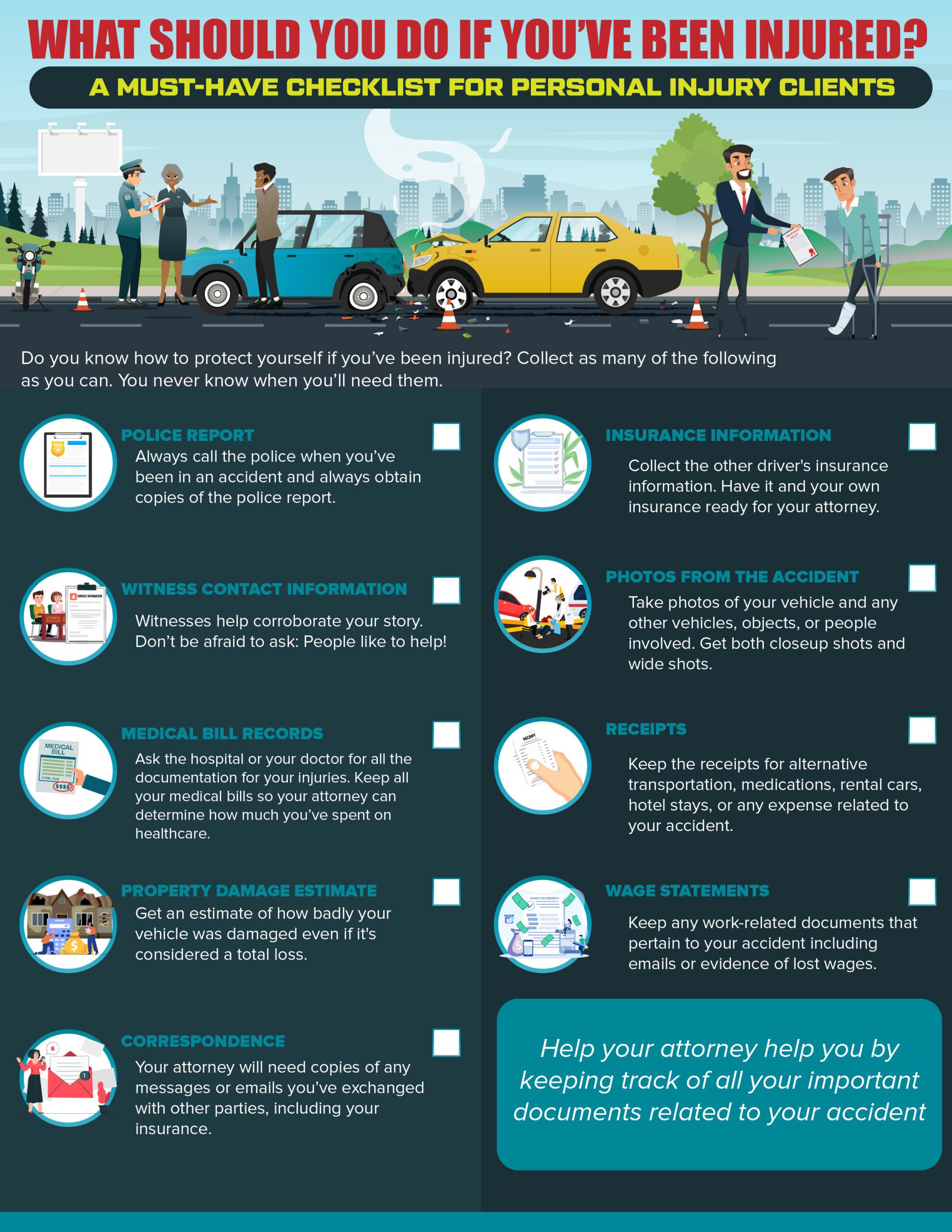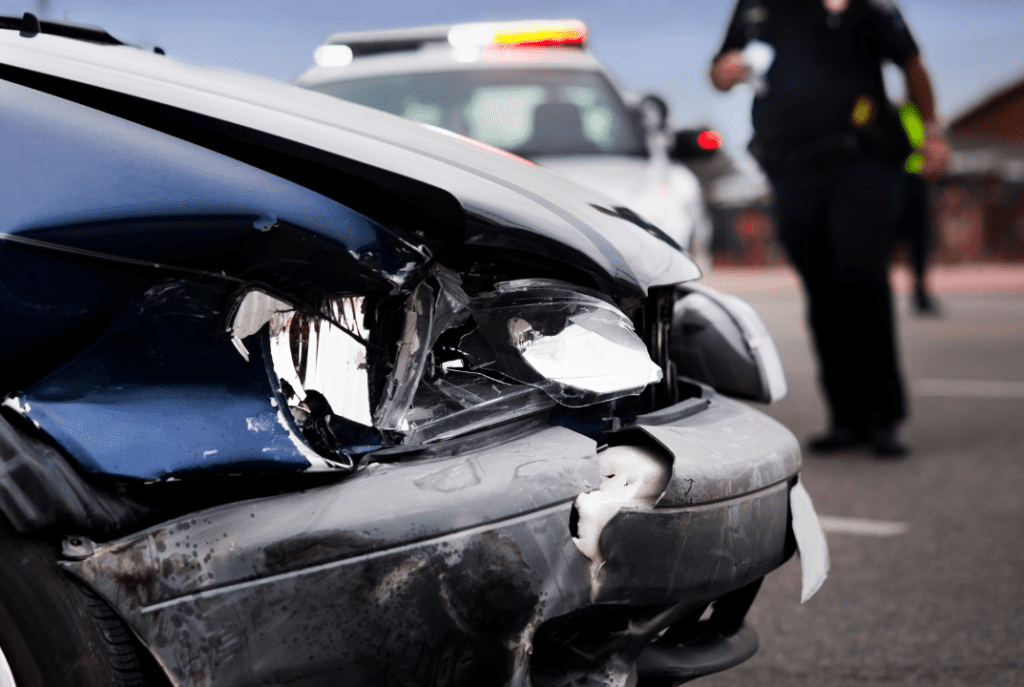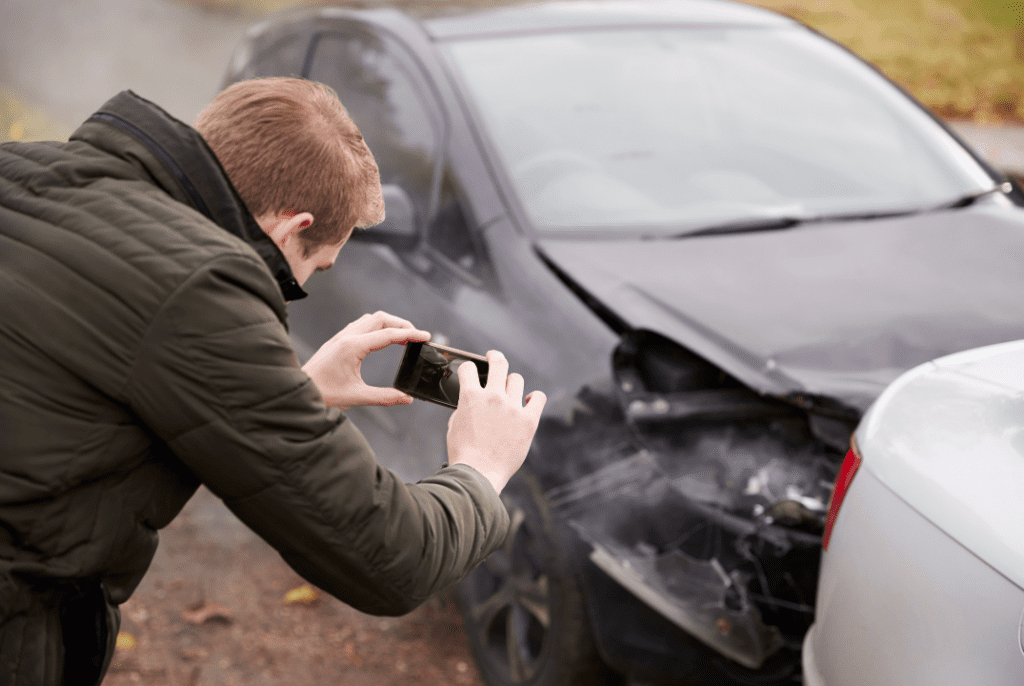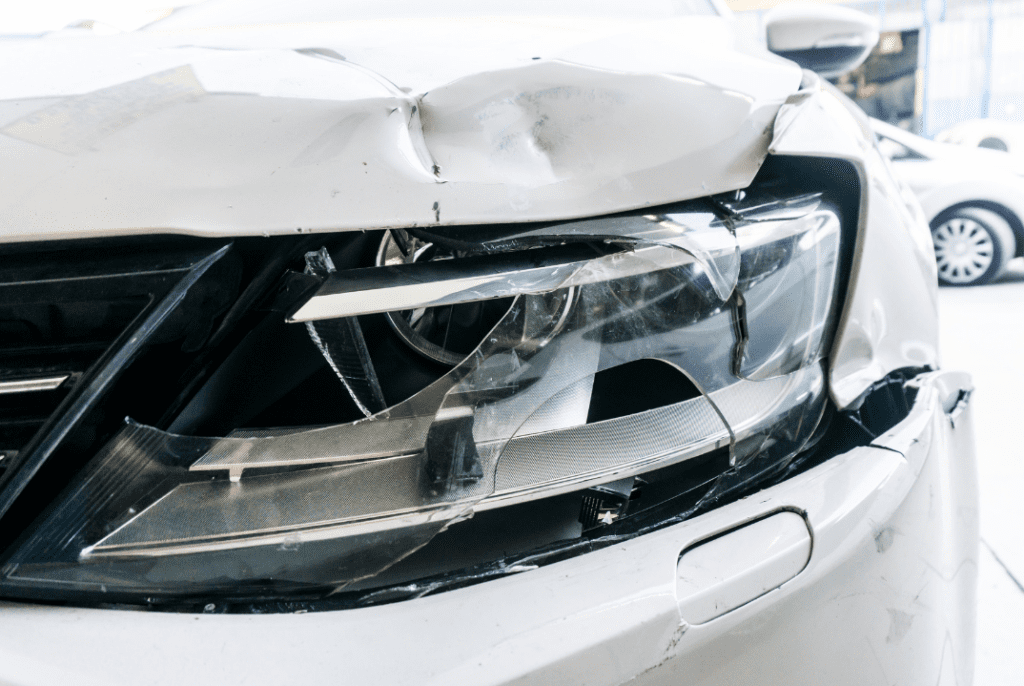If you’ve been in a bad accident, you probably have a lot more on your mind other than meeting with a personal injury attorney. But if you want compensation to help you deal with the aftermath of your accident, consulting an attorney is one of the best ways to get it. We want to help make your recovery as simple as possible for you — which is why we made this personal injury client checklist.
Before you go to your first appointment with a personal injury attorney, be sure to bring as many of these documents as possible with you. It will make things much easier for your attorney and can help move your case along faster.
Even if you’ve not been in an accident, you might want to download our Personal Injury Checklist to keep handy.
Police Report
After a bad accident, there should always be police on the scene. Either one of the uninjured parties or a witness can call the police, or they will be alerted if you call for an ambulance. Once on the scene, a police officer can make a report of the accident.
A police report is a public record which you, your attorney, or anyone else can access. It’s an objective report of the accident that also provides important information about each party involved. Getting a police report is crucial for your attorney to determine who was at fault. It’s also essential if you want to file a claim with your insurance company.
Insurance Information
Bring any paperwork you have about your auto insurance policy with you to your first meeting with your attorney. They’ll need to see exactly what your policy covers and if you can get expenses reimbursed if you decide to file a lawsuit against the at-fault party to seek compensation.
Having a copy of your policy will also help your attorney deal with your insurance company on your behalf.
Witness Contact Information
If there was a witness to the accident, try to get their information so you can contact them later. Your attorney may want them to give a deposition testifying to what happened. Testimony from a witness at the scene can be invaluable in personal injury cases.
Photos From the Accident
If you aren’t seriously injured in your accident, take some photos of your vehicle, the other party’s vehicle, and other details from the scene. Try to get photos from as many different angles as possible. If you were unable to take photos, you can also request them from the police department.
You should also take photos of your injuries, if possible. Seeing what your injuries looked like immediately after the accident can be useful if your case goes in front of a jury. Be sure to take more photos of your injuries after any surgeries or treatments you have.
Medical Bills
Your medical bills are some of the most important things you can track for your personal injury case. If you’re hoping to get compensation, your attorney needs to know how much you’ve spent on medical care or how many outstanding bills you have left.
Documentation for medical bills can include:
- Hospital bills
- Doctor’s invoices
- Ambulance transport documents
- Bills for medical devices like wheelchairs, slings, or crutches
If you aren’t offered a copy of a receipt or a bill that you pay when you get medical care or supplies, ask for one.
Medical Records
In addition to showing your attorney your medical bills, you should also let them see your medical records or files. These records should be able to help your attorney determine if you will be disabled and unable to work, which affects the amount of compensation you’ll seek.
Your attorney may also ask your doctor to become an expert witness in your case, and testify about the extent of your injuries or the impact of the accident on your physical condition. Always ask medical professionals for copies of your file after an appointment, and be sure to obtain reports of diagnostic tests such as X-rays, MRIs, or CT scans.
Expense Receipts
Keeping all documentation related to your accident may not come naturally at first, but it’s a habit you’ll have to develop if you want to have a strong personal injury case. In addition to gathering all your medical records, medical bills, insurance policy, and other documents, you should also keep copies of receipts for any purchases related to your accident.
These expenses might include:
- Medication
- Taking public transportation if your vehicle is undriveable
- Rental car while your car is being repaired
- Hotel stays if you see an out-of-town medical specialist
Even if you aren’t sure if an expense is related to your accident, keep the receipt and bring it to your attorney anyway. The more documentation you have, the better. Your attorney can sort through the receipts and let you know which ones are important.
Property Damage Estimate
It’s a good idea to get your vehicle assessed after the accident to determine the extent of the property damage. You’ll want an estimate of the value of the damage caused to give to your attorney so they can factor it into the compensation you seek. Even if your car is totaled, get a damage estimate.
Wage Statements
If your accident has prevented you from working, you should get copies of your latest pay stubs to give to your attorney. They can use this information to help you get a settlement for future lost wages if you are disabled and cannot return to work at all.
Not all personal injury cases are car crashes, some are accidents that occur at work. If that’s your situation, you’ll also need to give your attorney any work-related documents pertaining to the accident, like statements from HR, along with your pay stubs.

Be prepared to meet with your personal injury lawyer
For some accident victims, just getting to a meeting with an attorney can be a huge challenge, let alone gathering documents and paperwork to bring with you. If needed, have a family member or friend help you get the items on this checklist for your appointment with your lawyer. The sooner your lawyer has these documents, the sooner you can get compensation.
If you’ve been involved in an accident and think you may need a personal injury attorney, contact us for a free phone consultation at (317)-334-9200.



